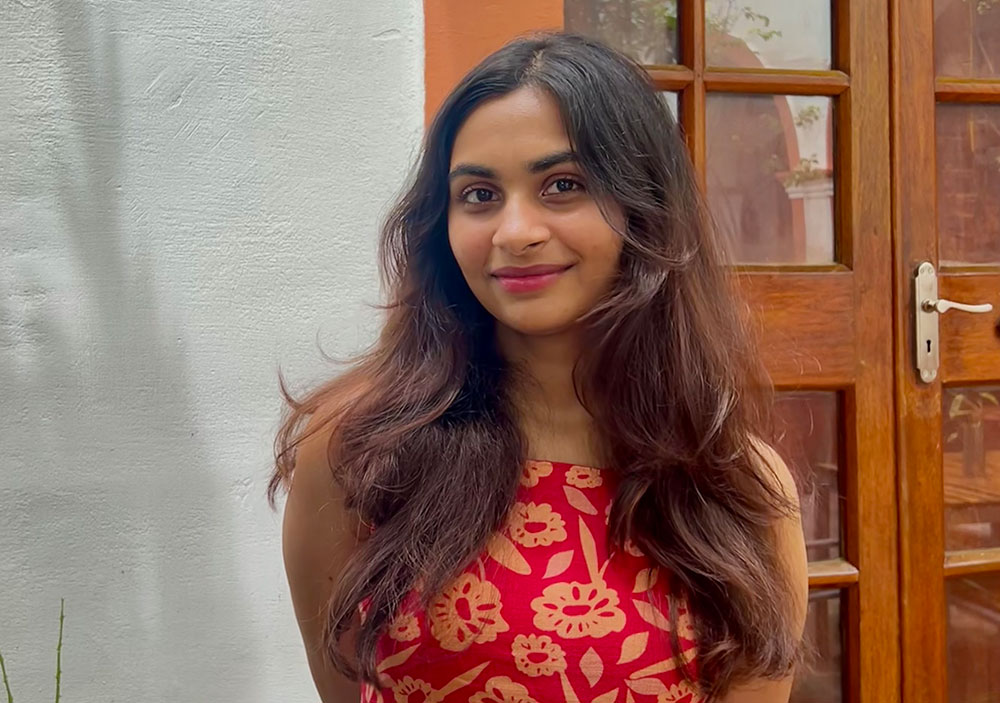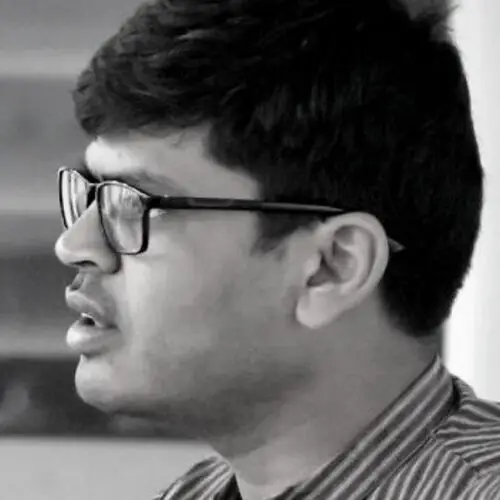With the introduction of the Four-Year Undergraduate Programme (FYUP), students can opt for a Single Major, a Double Major or a Minor. The break-up of credit requirements for each are as follows:
Single Major requires 80 credits, of which ten are required courses (40 credits) and ten electives (40 credits).
Double Major requires 64 credits of which 10 are required courses (36 credits) and six electives (28 credits).
Minor requires 32 credits of which four are required courses (16 credits) and four electives (16 credits).
Credit requirement for students registered for the earlier three-year undergraduate programme (Old Curriculum). [For those who wish to continue with it without transitioning to the new four year programme]:
Single Major requires 60 credits, of which nine are required courses (36 credits) and six electives (24 credits).
Double Major requires 48 credits of which eight are required courses (32 credits) and four electives (16 credits).
Minor requires 24 credits of which four are required courses (16 credits) and 2 electives (8 credits).
** Please note that some old courses continue under new titles but retain their original course codes, while others have been replaced with new ones. Students continuing with the old programme must take the required and elective courses from the current list and can choose alternative courses in place of those that have been dropped. As long as they meet the required number of credits, they will fulfil the programme requirements.
Graduation Requirements (Under the New Curriculum)
Credit Requirements for the 3-Year Programme
Single Major requires 60 credits, of which nine are required courses (36 credits) and six electives (24 credits).
The nine Required Courses include:
- Introduction to Sociological and Anthropological Thought
- Introduction to Political Anthropology
- Research Methodology: Qualitative Research Method
- Research Methodology: Social Quantitative Methods
- Economy and Society
- Introduction to Feminist Theory
- Communities and Identities in India
- Kinship and Family
- Religion and society / Caste and Tribes in Contemporary India
Double Major requires 48 credits of which eight required courses (32 credits) and four electives (16 credits). To earn a Double Major, the eight required courses must be:
- Introduction to Sociological and Anthropological Thought
- Introduction to Political Anthropology
- Research Methodology: Qualitative Research Method
- Research Methodology: Social Quantitative Methods
- Economy and Society
- Introduction to Feminist Theory
- Kinship and Family
- Communities and Identities in India or Religion and Society or Caste and Tribes in Contemporary India
Minor requires twenty four credits of which four are required courses (16 credits) and two electives (8 credits). To earn a Concentration the four required courses are:
- Introduction to Sociological and Anthropological Thought
- Introduction to Political Anthropology / Economy and Society or Kinship and Family
- Introduction to Feminist Theory / Caste, Community and Identity / Religion and Society / Communities and Identities in India
- Research Methodology: Qualitative Research Method / Research Methodology: Social Quantitative Methods
Credit Requirements for the 4-Year Programme
Single Major requires 80 credits, of which ten are required courses (40 credits) and ten electives (40 credits).
The nine required courses include:
- Introduction to Sociological and Anthropological Thought
- Introduction to Political Anthropology
- Research Methodology: Qualitative Research Method
- Research Methodology: Social Quantitative Methods
- Economy and Society
- Introduction to Feminist Theory
- Communities and Identities in India
- Kinship and Family
- Religion and society
- Caste and Tribes in Contemporary India
Double Major requires 64 credits of which nine are required courses (36 credits) and seven electives (28 credits).
The nine Required Courses include:
- Introduction to Sociological and Anthropological Thought
- Introduction to Political Anthropology
- Research Methodology: Qualitative Research Method
- Research Methodology: Social Quantitative Methods
- Economy and Society
- Introduction to Feminist Theory
- Communities and Identities in India
- Kinship and Family
- Religion and society / Castes and Tribes in Contemporary India
Minor requires 32 credits of which four required courses (16 credits) and 4 electives (16 credits):
- Introduction to Sociological and Anthropological Thought
- Introduction to Political Anthropology / Economy and Society or Kinship and Family
- Introduction to Feminist Theory / Communities and Identities in India or Religion and Society
- Research Methodology: Qualitative Research Method / Research Methodology: Social Quantitative Methods
The electives housed within the Discipline include:
- Anthropology of Violence: State, Power and Politics
- Media and the Public
- Development. People. Power
- Work, Labour and Precarity
- Caste, Community, Coloniality: From Victimhood to Political Responsibility
- Gender, Masculinity and the Languages of Grief
- Understanding Propaganda
- Sociology of Law
The significance of social sciences training is increasingly being realised in the sectors of industry and government that have otherwise remained aloof from it.
The Krea Social Sciences graduate, apart from imbibing the values of democratic citizenship, armed with a Major in social studies will be ready for many callings including higher studies in social sciences, government work, consulting, and careers in nonprofit institutions, journalism, teaching, and social work.








